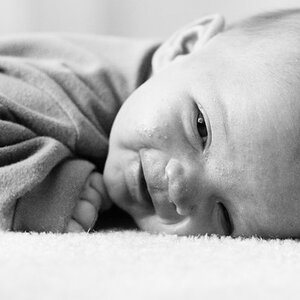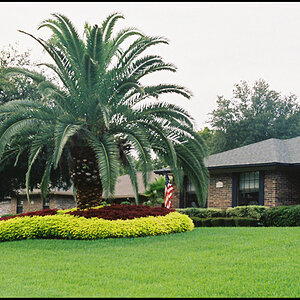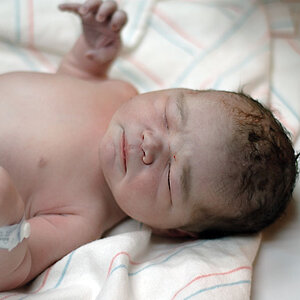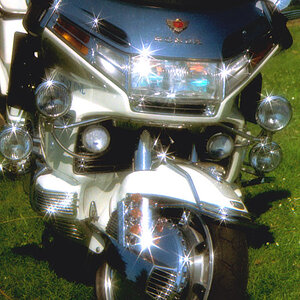skyakash
TPF Noob!
- Joined
- Feb 6, 2016
- Messages
- 13
- Reaction score
- 1
- Can others edit my Photos
- Photos OK to edit
Hi, I just bought a Nikon D3300 with 18-55 mm lens. i want to know should I buy a UV Filter like HOYA 52 mm or such. And do I need to buy any other items, guard or anything now, that doesn't come with the Box.
any helps will be appreciated.
any helps will be appreciated.





![[No title]](/data/xfmg/thumbnail/37/37626-4a6ffc3f17ab3a8e97170fda3276640e.jpg?1619738154)

![[No title]](/data/xfmg/thumbnail/42/42276-99df5da06c3e5dc83ae4bab11e935910.jpg?1619740085)

![[No title]](/data/xfmg/thumbnail/42/42277-63576745f84be96df79b94ca0f49e00b.jpg?1619740085)

![[No title]](/data/xfmg/thumbnail/35/35871-d9de705fa64b06051419be6d3739d6ac.jpg?1619737197)


